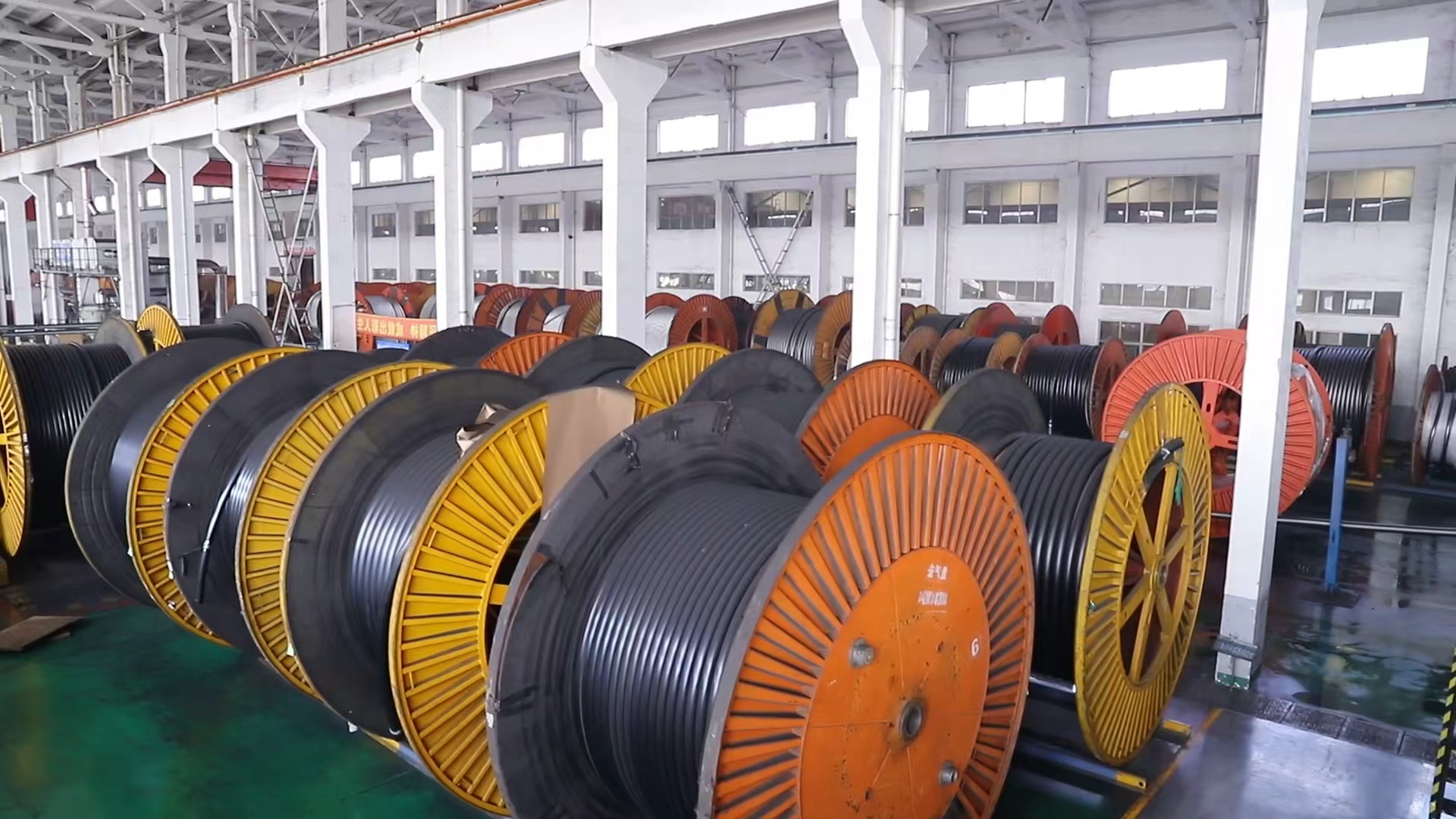How to Reduce Power Cable Procurement Costs: Factory Direct vs Distributor Supply Explained
When companies need power cables, one of the biggest questions is where to buy them. Should you go directly to the factory that makes the cables, or should you go through a distributor who stocks and resells them? Both options can work, but the choice can significantly impact your budget, delivery times, and overall project costs. This article will clarify the differences, pros, and cons, as well as provide ways to save money without compromising quality.
Why are Power Cables Important?
Power cables are more than just a necessary supply. They are essential components of any building, factory, or major infrastructure project's electrical system. Because they are used in large volumes and often require special sizes or standards, the cost of cables can account for a significant portion of a project's budget. So even a small price difference per meter can add up to thousands of dollars in savings. That's why procurement teams are always looking for the most cost-effective source.
Buying Direct from the Factory
Advantages
1. Lower Unit Cost: You can usually get a better deal at factories because you don't have to pay the middleman.
2. Customization: You can order specific lengths, colors, etc, quickly from the production line.
3. More Discounts: If you place a big order, factories might provide you with better prices and discounts.
4. Dealing directly: With the manufacturer might make it easier to confirm technical parameters and receive certificates.
Challenges
1. High Minimum Order Quantity (MOQ): Factories often get big orders. This might not be achievable if you simply require a small batch.
2. Longer lead time: It can take weeks or even months for the factory to make and transport the goods.
3. You may have to take care of customs, shipping, and import duties.
4. Pay Up Front: A lot of factories want a deposit or complete payment up front.
Buying directly is best for huge projects when the buyer can plan, control logistics, and commit to buying more.
![How to Reduce Power Cable Procurement Costs: Factory Direct vs Distributor Supply Explained 1]()
Buying from a Distributor
Advantages
1. Faster delivery: Since distributors always have stock on hand. You may obtain cables instantly, which is helpful when you have a lot of work to do in a short amount of time.
2. Smaller Order Sizes: You can get only what you need without having to worry about big MOQs.
3. Local support: Distributors may offer service after the sale, quicker returns, and warranties that are only good in your area.
4. Easier logistics: no need to deal with customs or shipping across borders because the distributor will handle everything.
Challenges
1. Higher Price: Distributors can cover their expenses and risks by charging more, which leads to a higher price.
2. Limited Choices: The distributors might not have the exact item you require.
This choice is excellent for smaller jobs, things that need to be done right away, or businesses that value expediency over saving the most money.
Cost Comparison: Factory vs Distributor
Let's imagine a project that needs 100,000 meters of power cable:
- Factory Direct Price: $1.00 per meter → $100,000 total
- Distributor Price: $1.20 per meter → $120,000 total
You save $20,000 by buying directly from the factory. But if you include shipping, customs taxes, and storage et,c the savings might not be as big. But if your project is small (like 2,000 meters), the factory's minimum purchase might be too high, and it would be better to buy via a distributor. So, the "cheaper" choice relies on how much, when, and how it will be delivered.
Ways to Lower the Cost of Buying Things
1. Plan Ahead: If you know your project's timetable ahead of time, you can order straight from the factory and avoid any extra fees.
2. Mix and match: For larger orders, reach out to the factory, and if you need items quickly, buy from a local distributor.
3. Make deals on contracts: distributors might lower their markup if you promise to order regularly.
4. Check Quality Certificates: Bad cables can make you spend a lot of money to fix them. Always check to make sure it's legal before you buy.
Conclusion
It's not enough to just look for the lowest unit price to lower the cost of buying power cables. The goal is to find the best mix between price, time, and service.
If you know you can handle transportation and have a big order, then go straight to the factory. Use a reseller if you need quick shipping, fewer items, or better customer service. In many situations, getting your bulk supply directly from the factory is the best option, but you can also count on distributors for flexibility and backup.











